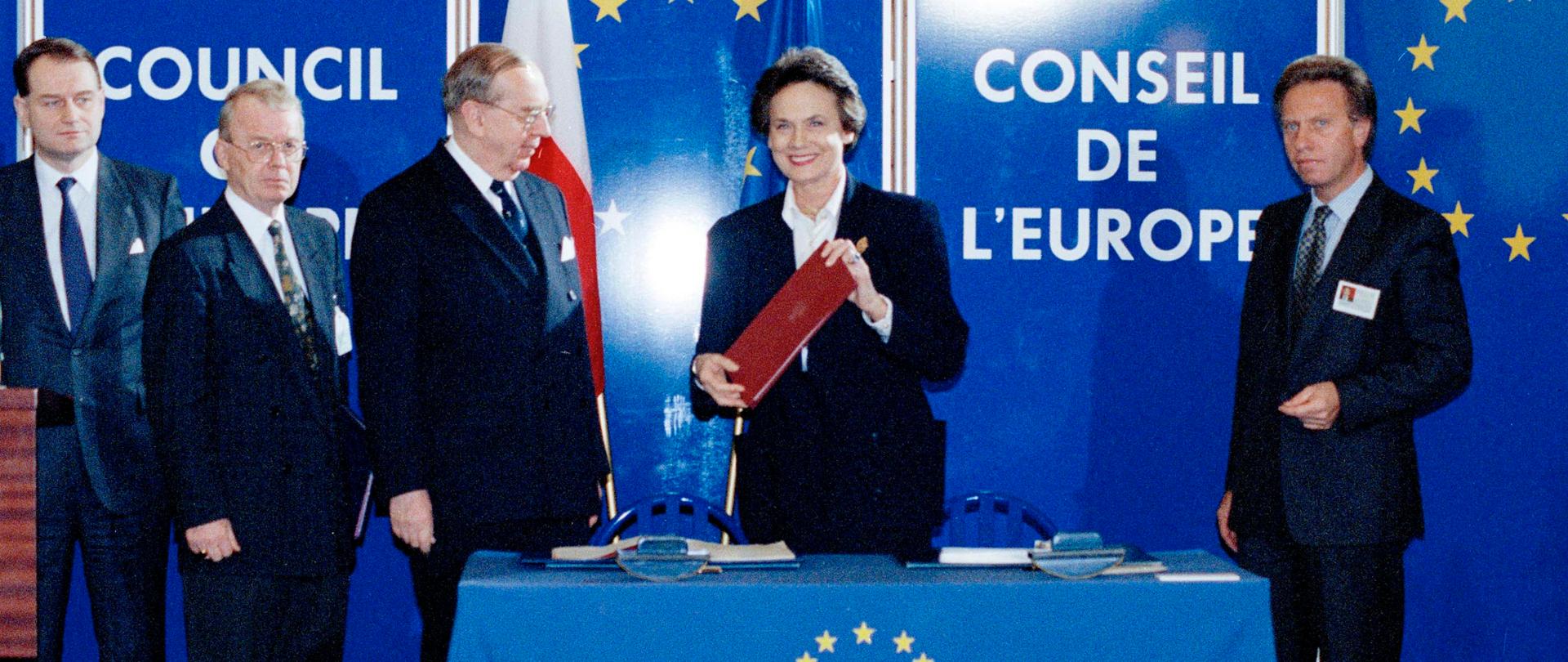Europe (Parliament Politic Magazine) – This year commemorates the 30th anniversary of the European Union, a significant milestone in European history. In 1993, the implementation of the Maastricht Treaty marked the beginning of an extraordinary experiment in supranational governance and shared sovereignty. The European Union’s single market has revolutionized the movement of goods, services, and capital among its 27 member states.
Equally important, the establishment of the Schengen Area has eliminated borders between member states, allowing for unrestricted travel and even extending free movement rights to non-Schengen member states. This groundbreaking initiative has granted over 400 million individuals an unparalleled form of citizenship that transcends national boundaries. While the concept of free trade is not new, the scale at which people can freely move across borders is truly unprecedented.
European Union Transcend its Status As a Mere Trade Bloc
To what extent does the European Union transcend its status as a mere trade bloc? Exploring two recent events that exposed the continent’s internal power dynamics – the Greek debt crisis and Brexit – sheds light on the conflicting forces vying for control. In the Greek scenario, the EU assumed the role of a villainous oppressor, leveraging the threat of dissolution to extract concessions from a member state.
Conversely, in the case of the United Kingdom, Brussels emerged as the hero, resiliently enduring an act of betrayal while championing the principles of multilateralism and openness. Which of these episodes more accurately captures the essence of the EU’s core character?
At times, Europe’s guiding philosophy appears to be rooted in “home economics.” German Chancellor Angela Merkel once referred to the frugal Swabian housewife to justify her firm stance during the Greek crisis. However, the policy adopted by the EU on that occasion lacked a solid scientific foundation and resembled nothing more than an age-old superstition.
Remember that Greece’s debt troubles were part of a chain reaction of collapsing economies. In the aftermath of the 2008 global financial crisis, Greece found itself unable to conceal its overwhelming debt burden any longer. Consequently, it turned to the European Union and the International Monetary Fund, the ultimate source of financial assistance worldwide.
Chaotic Financial Situation of Greece
Although it is widely acknowledged that Greece’s financial situation was chaotic, numerous individuals argue that the “troika” (composed of the European Commission, the European Central Bank, and the IMF) made a mistake by focusing on retribution for past errors rather than establishing a solid foundation for a prosperous economic future.
Greece was told that it would only receive financial assistance if it implemented strict austerity measures, which included making budget cuts, increasing taxes, privatizing state-owned assets, and implementing pro-business reforms. Yanis Varoufakis, who served as Greece’s finance minister at the time, described the troika’s approach as a form of “fiscal waterboarding,” focusing on punishment rather than recovery. This portrayal made the EU appear as a vindictive bully, seemingly eager to inflict unnecessary suffering on a helpless population.
Moreover, by refusing to forgive a portion of Greece’s debt, it seemed as though the EU had embraced the idea that Europe would be stronger if its weakest economic links were eliminated, narrowly avoiding such an outcome.
Read More: UK Citizens Traveling To Europe To Undergo Fingerprint and Face Scans
Germany Is Subjected to National Humiliation
One of the main proponents of this severe approach was Germany, a country that should have been acutely aware of the consequences that can arise when a nation is subjected to national humiliation. Parroting German viewpoints, the European Union (EU) emphasized the importance of maintaining strict fiscal discipline, disregarding any “soft” factors such as the foreseeable suffering of the Greek population.
In the case of Brexit, the United Kingdom’s position as the European Union’s second-largest economy resulted in a downfall due to overconfidence. A slim majority of Britons disregarded the economic rationale behind staying in the EU and instead concentrated on the alleged issues caused by immigration, such as shortages of primary-school spots and available doctors.
Those in favor of leaving believed that the advantages of unrestricted trade were not worth the perceived drawbacks of unrestricted migration within the EU. When the United Kingdom invoked Article 50 of the Treaty on European Union and initiated the divorce proceedings, it brought the European Union (EU) closer as a community.
Since 2016, the EU has remained committed to its initial purpose of ensuring peace and prosperity among former adversaries, thereby reaffirming its deserving selection for the prestigious 2012 Nobel Peace Prize.


